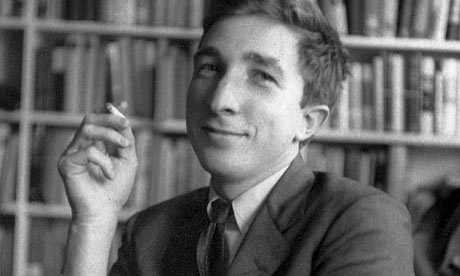
Fading photographs hold both comedy – those haircuts and clothes! – and tragedy, because of all the time that has passed: terminally, for many of those pictured. Old television is even more affecting owing to the curious fact that programmes seem to age at an accelerated rate. Making a radio documentary about John Updike (Saturday, Radio 4), I've recently been watching arts shows from between the 60s and 90s, and even the most recent seem to come from a lost age.
Part of the reason is that language and voices date so quickly. David Cheshire's 1982 Arena documentary, following the novelist around the East Coast as he promotes Rabbit is Rich, sounds almost Edwardian in the gravity and formality of its commentary. Even quainter is that Melvyn Bragg, filmed in black and white for a BBC2 interview in the late 60s, addresses the writer as "Mr Updike", old broadcasting courtesies surviving the social revolution then taking place.
Other aspects of the shows, though, are much looser than now. Updike smokes cigarillos throughout, a loucheness outlawed in television long before the broader ban on smoking. And, sweetly, these old tapes in the BBC archive often contain long cuffs of material captured while the cameras were running before and after the official interview. On the front of a tape of Robert Robinson's chat with Updike for a BBC2 Book Programme in 1975, the producer can be heard asking the presenter to do "two minutes on each book". At the back of the Bragg tape, we watch as, the recording over, the host records his "noddies" (shots of the presenter reacting to help in editing), while Updike tries to put him off by jokingly blowing kisses.
There is a terrible poignancy in watching them: Bragg looks so improbably young, and Updike so impossibly alive. And, throughout, two nagging questions. Will the arts programmes we make now age so quickly? And can we ever imagine again an hour of BBC2 peak-time being given to a little-known serious novelist?

